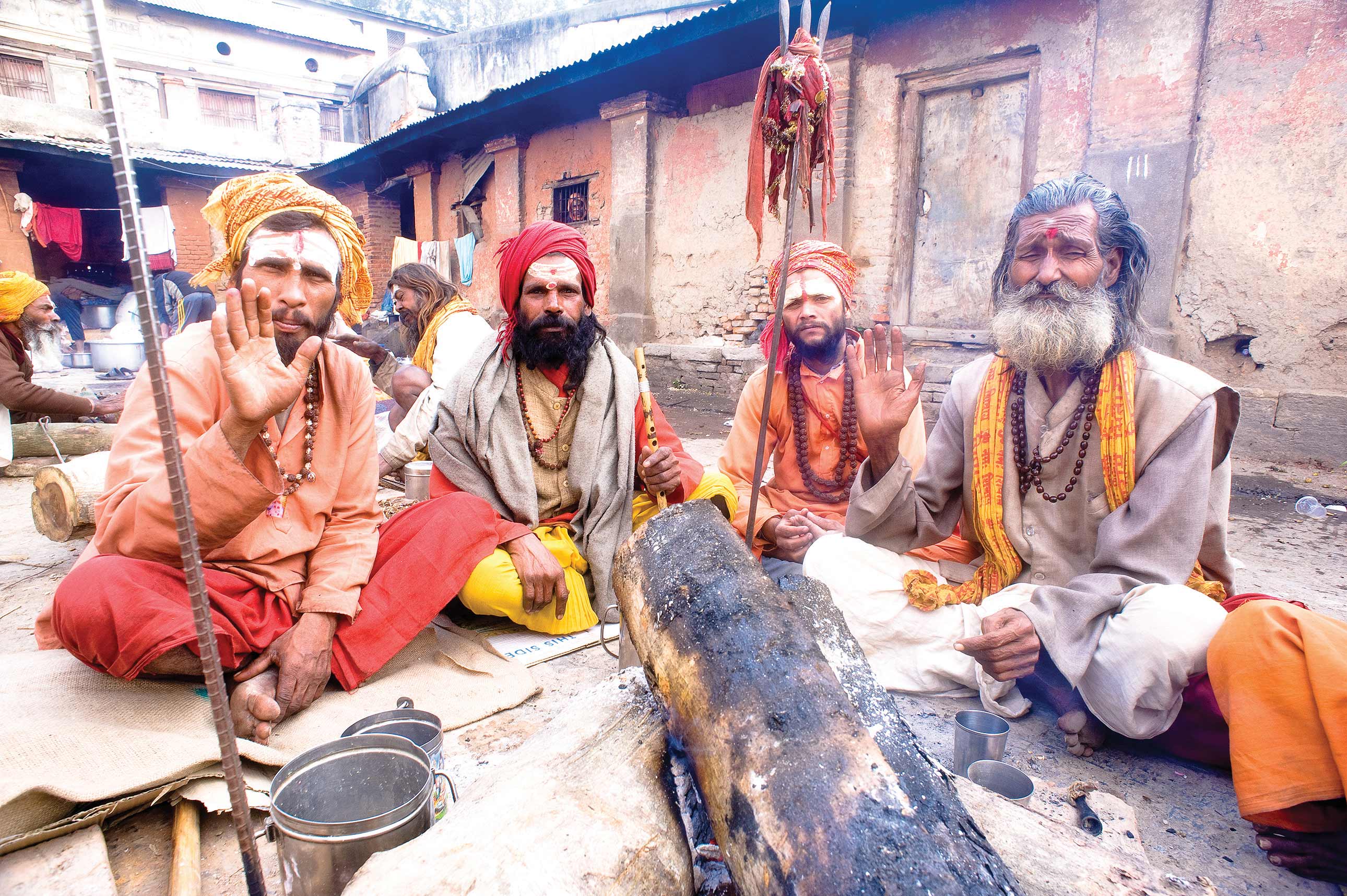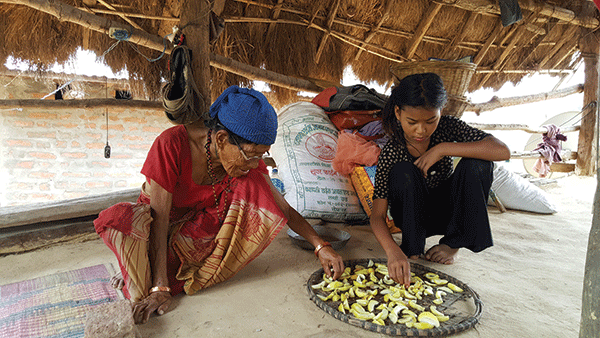“A monk called Gotama, it seems, a son of the Sakyans, who went forth into homelessness from a Sakyan clan, has come...He teaches a True Idea that is good in the beginning, good in the middle, and good in the end, with its own special meaning and phrasing…” Majjhima Nikaya, the Middle -length Discourses of the Buddha.
Among the Buddha’s numerous discourses, there are four that are considered to be of primary importance and form the basis of all his teachings. The first, “Setting Rolling the Wheel of Truth”, emphasizes the impermanence of anything having a conditioned origin and describes the Four Noble Truths: the reality of suffering, the origin of suffering, the cessation of suffering, and the way to end suffering.
The second, “The Not-self Characteristic” deals with the principle of not-self, according to which there is nothing permanent about anything animate or inanimate, and that not-self, impermanence, and dissatisfaction are the three realities of existence. The third discourse, “The Fire Sermon”, is about the three evils (passion, anger, and delusion) that affect everybody, trapping them in the cycle of birth, death, and suffering. It is called ‘The Fire Sermon” because it was given to a group of fire-worshippers, to whom he proclaimed, “…The eye, the forms, the eye-consciousness, the impressions, and whatever sensation, whether pleasant, unpleasant, or neutral that arises from the impressions received by the eye, they are all on fire…And with what are they on fire? I say with the fire of lust, of aversion, and passion; with birth, with old age, with death, lamentation, misery, grief, and despair, they are on fire.”
The fourth, “The Discourse on Arising and Ceasing”, explains that sorrow and despair is the result of a chain of events, viz. ignorance leading to processes leading to consciousness of mind and body, leading to contact, and thus, feeling, craving, and attachment, leading to continuation, and thus resulting in birth, ultimately leading to old age, death, grief, lamentation, and pain.
To summarize, suffering is a universal phenomenon, and everybody suffers from birth, sickness, old age, death, grief, lamentation, and pain. The cause of suffering is ignorance and greed, and it can only be ended by denouncing ignorance and greed and adhering to the noble eightfold path—right view, right thought, right speech, right conduct, right livelihood, right effort, right mindfulness, and right concentration. The Buddha also talked about the threefold path to enlightenment—samadhi (meditation), sila (virtue), and panna (wisdom). Samadhi is an essential part of the Buddha’s teachings, and here are two of the more popular ones.
Anapanasati (Mindfulness of Breathing), involves good posture, practice, and problems. Sitting with a straight back and folded legs, with the hands nestled in the lap and the eyes closed, is good posture. Conscious counting of each breath, paying attention to each in-and-out movement, constitutes practice. Problems will arise after some time, the urge to itch, discomfort in the legs, and so on. The mind also gets distracted by various thoughts.
But, one mustn’t lose concentration, and ultimately, intruding thoughts will fade away and physical discomforts are forgotten, resulting in moments of calmness and serenity. “Wakeful Mindfulness” and “Mindfulness in Everyday Activities” are other forms of this meditation. In the first, the meditator chooses a quiet place for walking, and then concentrates on movements and sensations when doing so. The latter involves focusing on everyday routine activities, which means living in the present moment.
Metta Bhavana (“Loving Kindness Meditation”) develops a feeling of universal love through three stages. First, conveying love and kindness to himself, to a highly respected individual, to somebody near and dear, to a stranger, and finally, to someone hateful, through visualization, reflection, and mantra. This is followed by emanating love and kindness in all directions by thinking of friends and well-wishers around the world. The third stage is to radiate love and kindness throughout the day in daily life.
Truly, “…That Blessed One is such since he is accomplished and fully awakened, perfect in true knowledge and conduct, sublime, knower of worlds, incomparable leader of men to be tamed, teacher of gods and men, awakened and blessed...”









